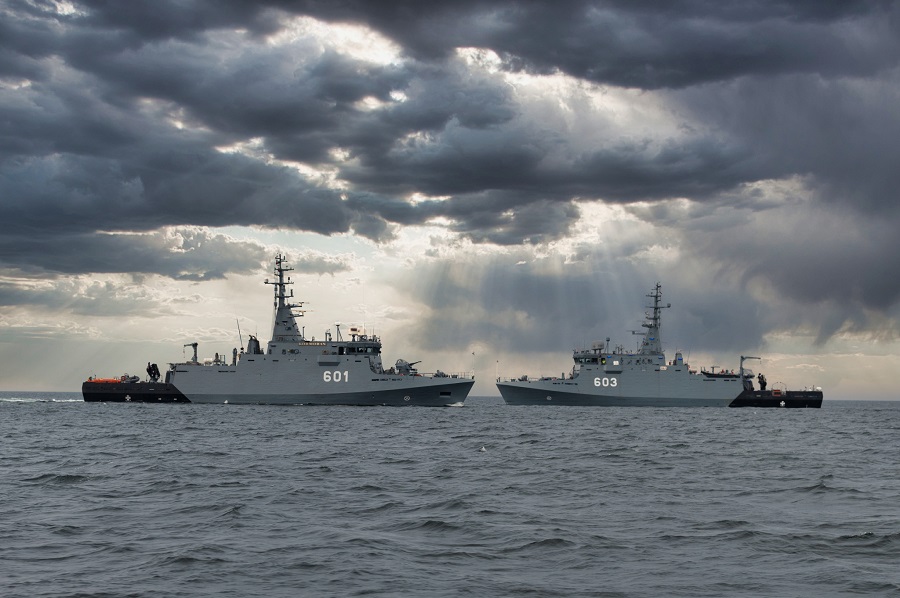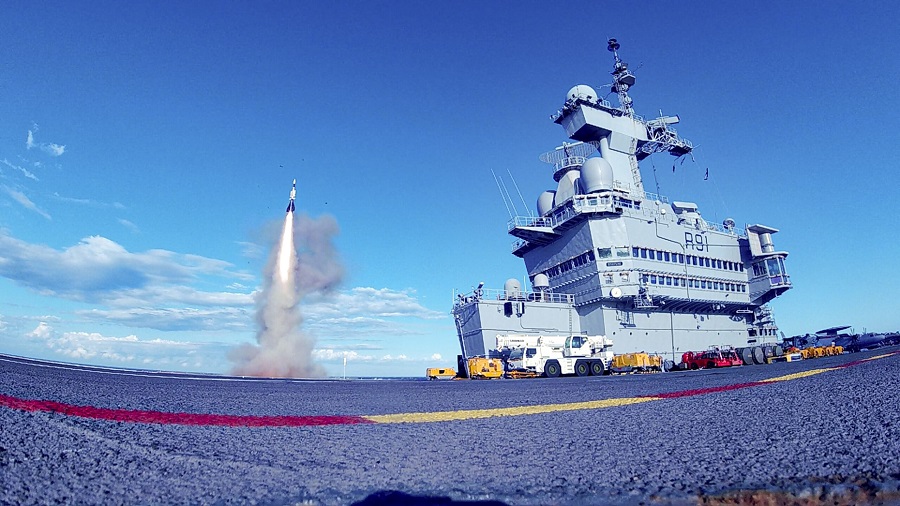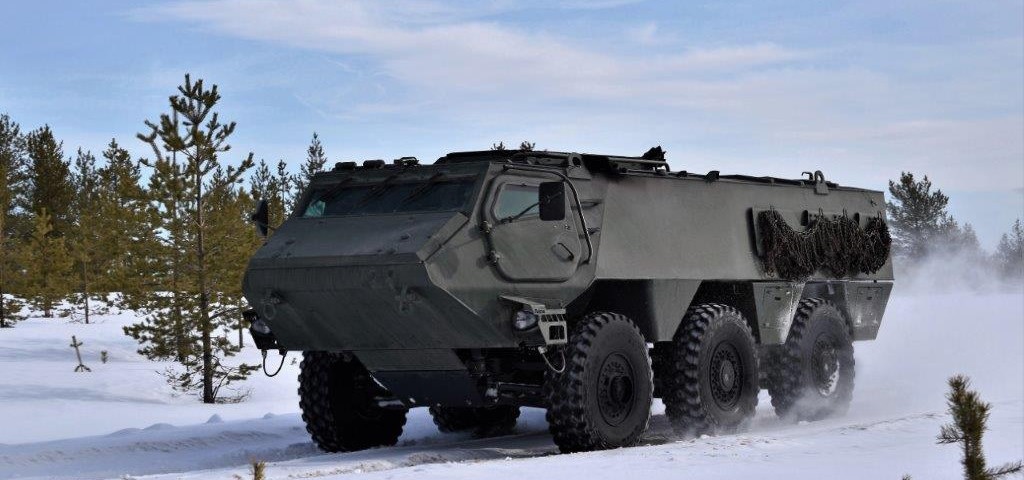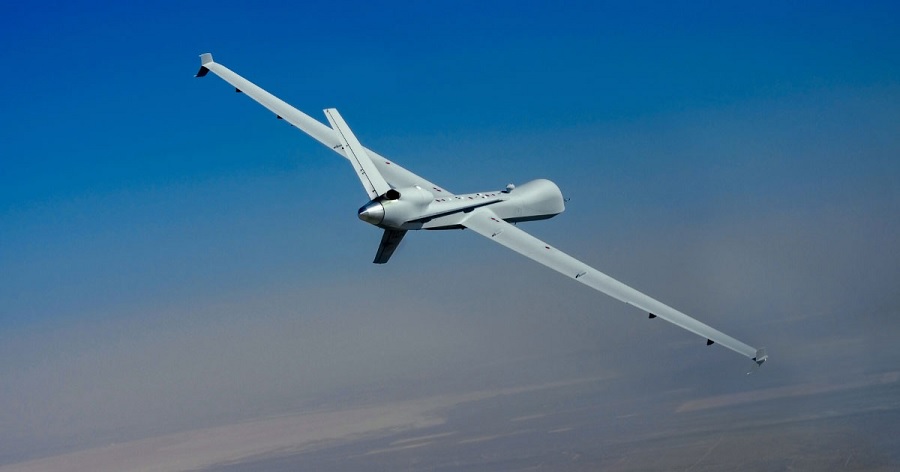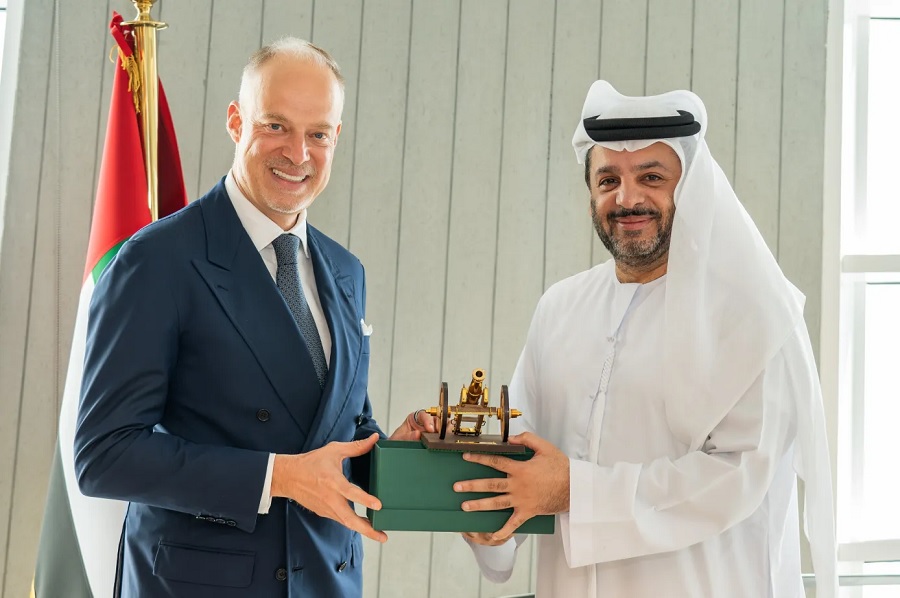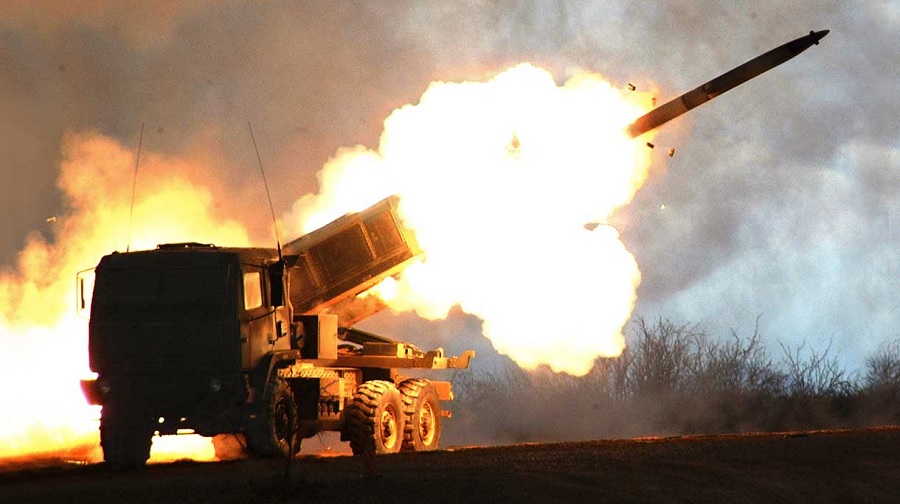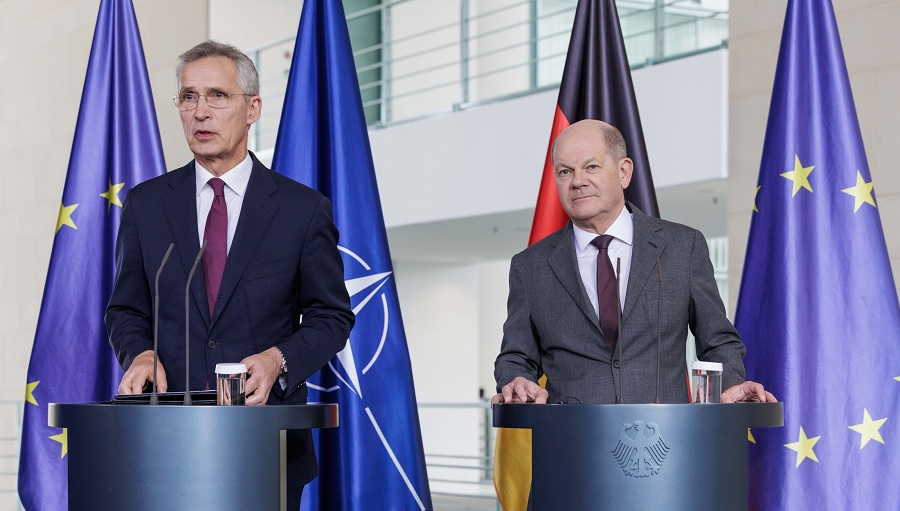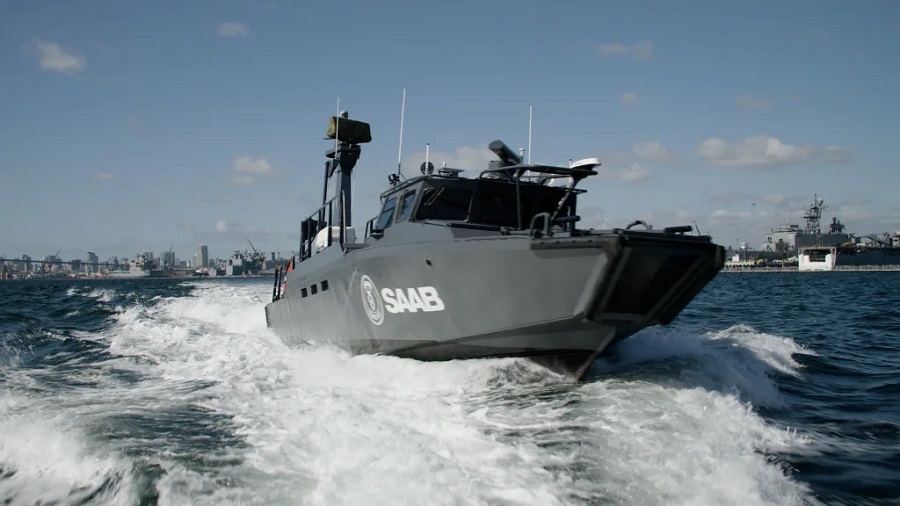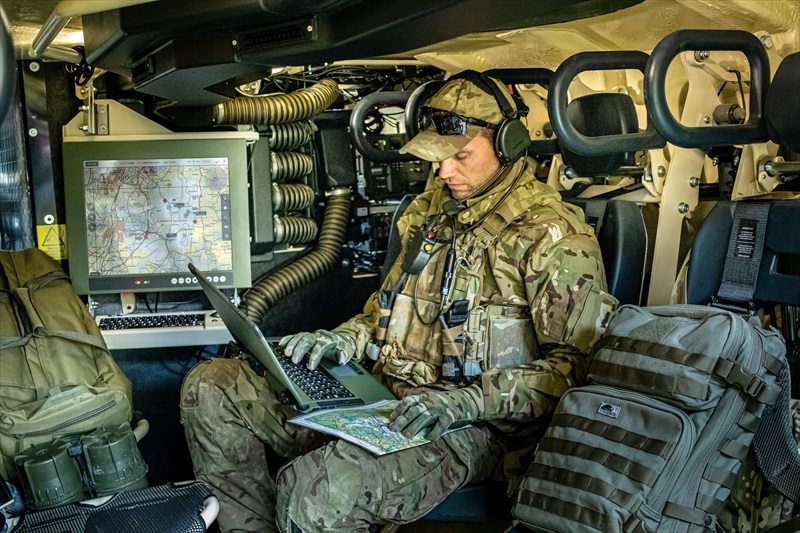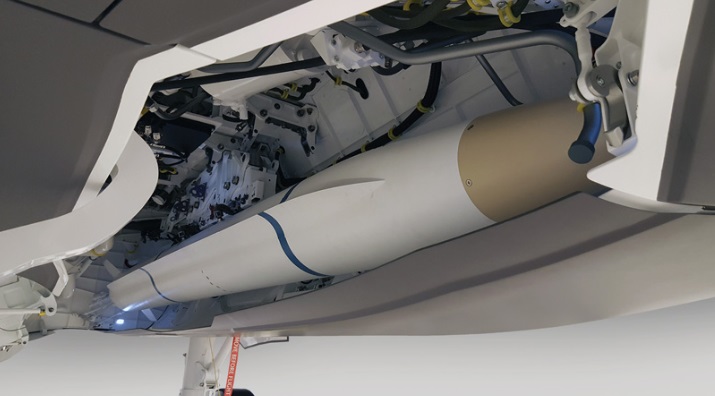The event was attended many participants, including journalists, students, and lecturers from the Naval Academy, alongside prominent speakers like Anna Uggla, the Deputy Head of Mission at the Embassy of Sweden in Poland; Prof. Katarzyna Pisarska, Chairperson of the Warsaw Security Forum; and Cmdr. Prof. Bartłomiej Pączek, Dean of the Faculty of Command and Maritime Operations. Their insights illuminated the criticality of bolstering operational cooperation amidst the shifting security landscape.
“The tightening of operational cooperation between Poland and Sweden is currently crucial. The Swedes, grateful for Poland’s support in the NATO accession process, commit to increasing joint efforts for security,” emphasized Anna Uggla.
The discussions did not shy away from addressing the challenges posed by Russia’s assertive maneuvers in the Baltic, which have heightened security concerns. Prof. Pisarska remarked on the global pressures facing the United States, advocating for Europe to proactively enhance its security framework within NATO, particularly through advancements in the defence industry.
Poland and Sweden have recently been tightening their cooperation in the field of maritime security, as well as the armaments and shipbuilding industries. For many years, the Polish Navy has been a user of weaponry supplied by the Swedish defence industry, including the RBS15 Mk3 anti-ship missiles, which are currently deployed on the Orkan-class missile ships. The Polish Navy has been using these missiles for over ten years. The RBS15 Mk3E missiles have also been selected as the anti-ship weapon for three modern frigates that Poland is acquiring as part of the Miecznik programme.
A focal point of the forum was the evolution of maritime technology in Poland and Sweden, spotlighting the deployment of unmanned units for safeguarding critical underwater infrastructure and the Baltic Sea ecosystem. Cmdr. Prof. Bartłomiej Pączek delineated the strategic imperative of protecting seabed infrastructure, including gas pipelines from Norway and wind farms, advocating for a robust NATO-led security mechanism.
“The Baltic is now called the NATO lake, but we must not neglect free trade and international maritime law. However, due to the need to secure gas supplies from Norway, we must strengthen the protection of critical infrastructure on the seabed and wind farms,” explained Cmdr. Bartłomiej Pączek. He believes that companies responsible for these installations cannot ensure their own protection, and NATO member states must take on this responsibility.
“A military system monitoring critical infrastructure and a rapid response system to threats should be established within NATO forces. Of course, this requires maintaining units at sea capable of taking immediate action,” added Cmdr. Prof. Pączek.


